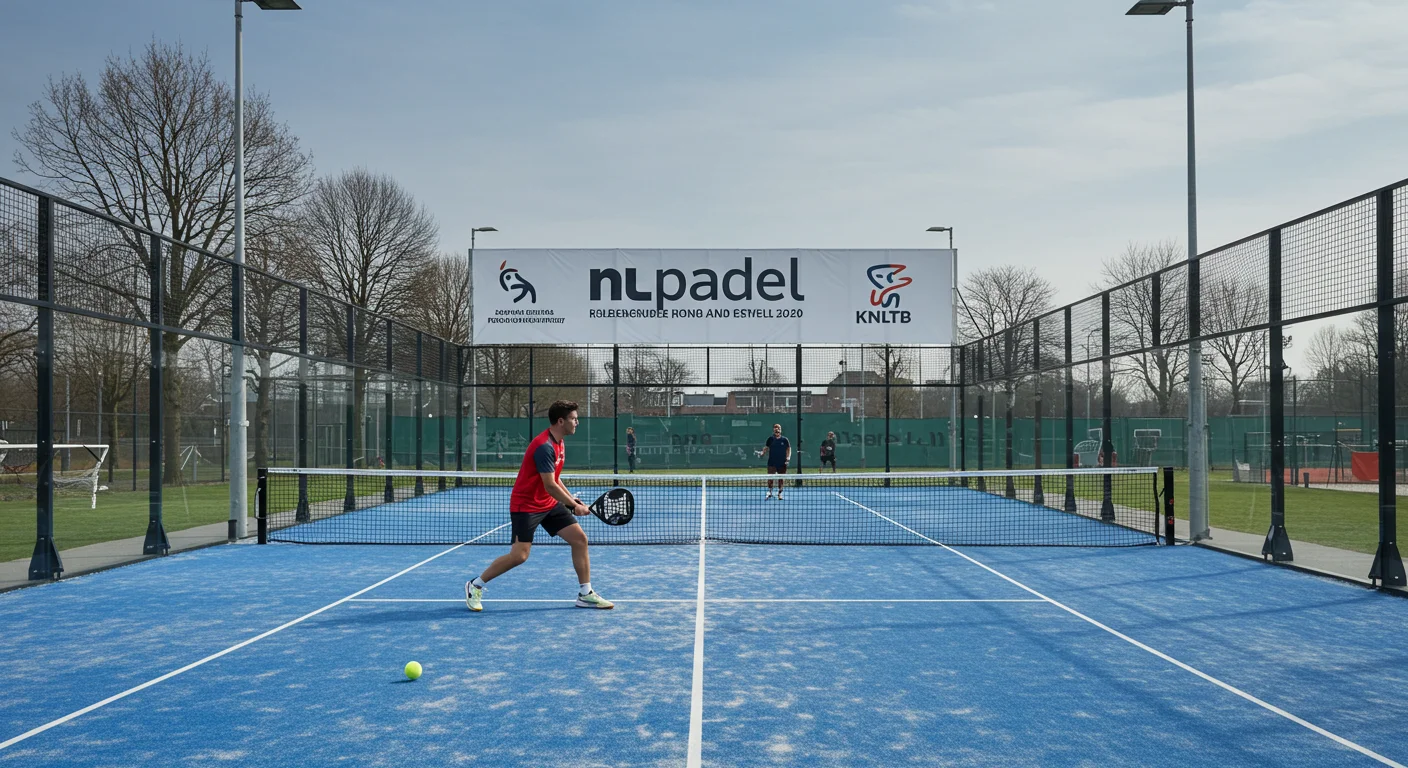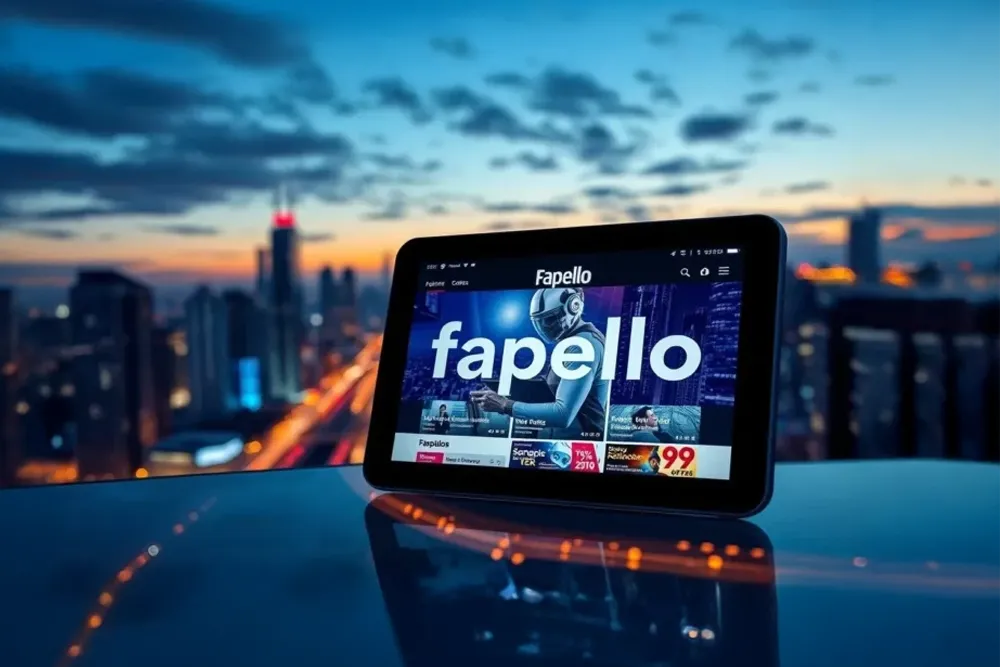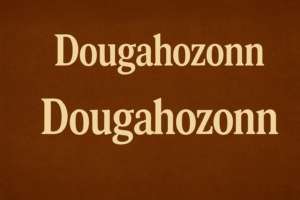NLPadel: Best Sport Movement in the Netherlands
Introduction
Padel is a sport that has grown at a very rapid pace in Europe over the last ten years. It is a social, active and fun game involving players of all ages, combining the fun and excitement of tennis with the strategy of squash. In the Netherlands, this movement is commonly known by the slogan NLPadel, with the emphasis being on the fast growth of padel courts, clubs, and community all over the Netherlands.
This paper discusses the definition of NLPadel, why padel has become so popular, how padel has grown in the Netherlands, and what the future of the sport is.
What is NLPadel?
NLPadel is the name of the expanding padel club, association, and community network in the Netherlands. The word is actively employed to reflect the identity of the sport within the Dutch culture and to demonstrate the interest of the country in developing the sport on the professional and recreational level.
NLPadel is a movement with a strong combination of sport, lifestyle, and community that functions from small urban courts to nationwide tournaments.
Also read it: Posted by blueflamepublishingnet
What Is Making Padel Grow So Fast?
- Easy to Learn
Padel is easy to learn, unlike tennis, which may take years of training. The smaller court, walls and underhand make it easier to be started up in, by newcomers.
- Social and Fun
Padel is nearly always played in pairs and hence very social. It is team building, communicative and best with friends, families and business networking.
- Fitness Benefits
Padel is a good workout despite the fact that it is fun. It enhances reflexes, stamina and agility without the vigor of more physically aggressive sports.
- Accessibility
Padel is a game that is played both outdoors and indoors, which makes it a good game all year round in the Netherlands as weather conditions are unpredictable.
Expansion NLPadel in the Netherlands.
Padel has been adopted in Netherlands very fast. The Dutch Padel Federation (Nederlandse Padelbond) claims that the past few years have seen a high rate of growth in the number of padel courts and players.
- Courts Expansion: New courts are being constructed in cities like Amsterdam, Rotterdam, Utrecht and Eindhoven.
- Membership Expansion: Thousands of Dutch members have joined padel groups, and many of them have left tennis and tried this exciting sport.
- Events: NLPadel official and local players where both amateurs and professionals can take part.
This development is indicative of not just the popularity of padel as a sport but also the culture of modern, social sports that is prevalent in the Netherlands.
Community Engagement.
It is a community-based activity, which is one of the distinguishing characteristics of NLPadel. Numerous clubs conduct events, introductory classes and company team-building retreats. Padel is popular with families, students and professionals as it is both a fitness and a fun way to socialize.
Social media, influencers, and sports networks are also making the sport visible, which is why NLPadel is getting into the limelight as a lifestyle, rather than a game.
NLPadel role in the professional sports.
Most Dutch players treat padel as a leisure activity, but the professional padel is also growing. Dutch players are beginning to enter international padel championships, taking the NLPadel movement to the international arena.
Padel will gain greater recognition, sponsorships, and possibly a presence in major sporting events with the support of groups such as KNLTB (Royal Dutch Lawn Tennis Association).
Challenges for NLPadel
It has been growing very fast, but there are still certain issues:
- Availability of Courts: There are times when padel courts are in demand and supply is low resulting in waiting lists.
- Costs: Costs to erect courts and to maintain facilities are expensive.
- Recognition: As it develops, padel continues to compete with other traditional sports such as football and tennis to gain mainstream attention.
The Future of NLPadel
In the future, NLPadel will probably grow. The number of clubs, tournaments, and training programs will probably increase, and padel will become available to the broader community. Padel can also be included in school and university sport programs, so the new generation of players will continue the trend.
The Netherlands has the potential to emerge as one of the major European countries to develop padel, on a par with Spain and Italy as the interest increases. The NLPadel vision is easy to understand: to make padel a mainstream sport and way of life in the country.
Conclusion
NLPadel is not just a representation of the sport padel in the Netherlands but a revolution in sport. Padel is gaining popularity among thousands of Dutch players due to its social nature, simple learning curve, and health advantages. NLPadel has a long way to go on its path to defining the future of sports culture in the Netherlands as more clubs and courts are opened and tournaments grow more and more popular.
To any person who wants to lead a fun, social, active lifestyle, NLPadel movement would be their new best friend.













Post Comment